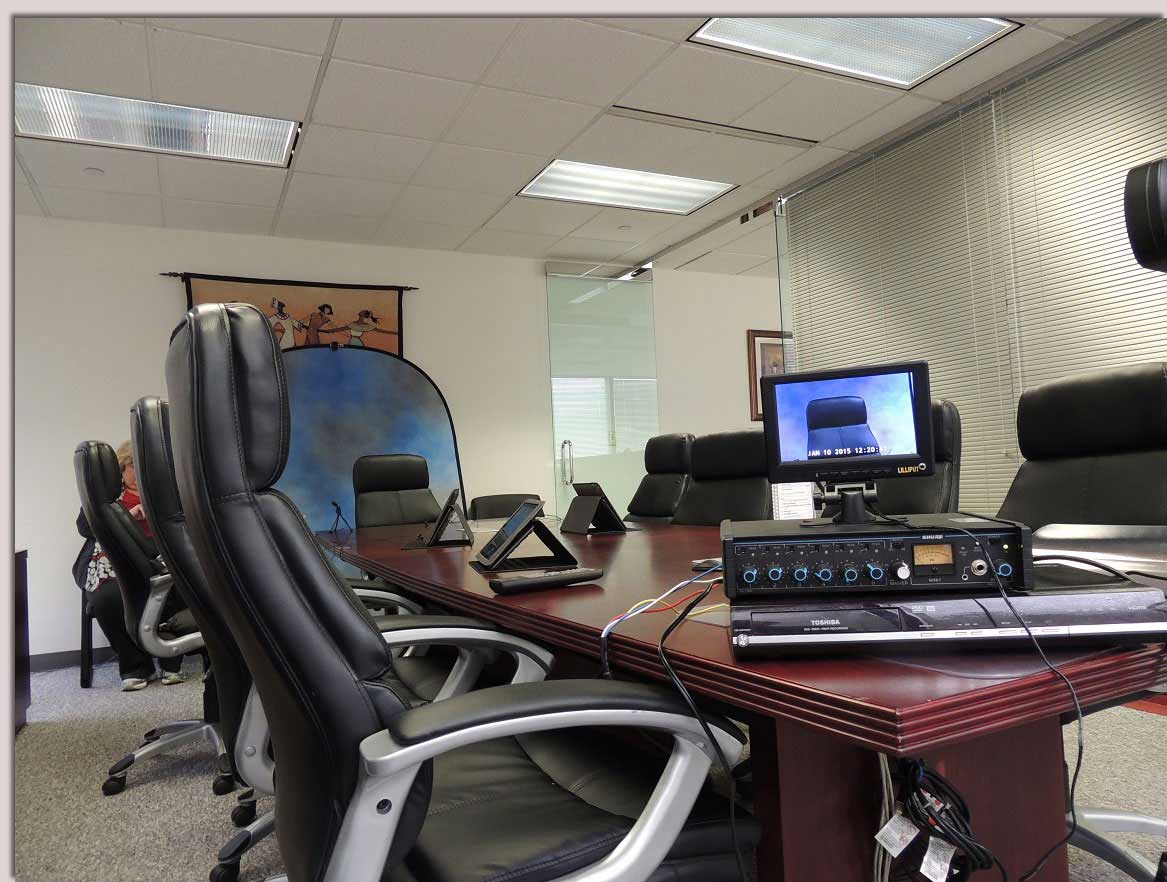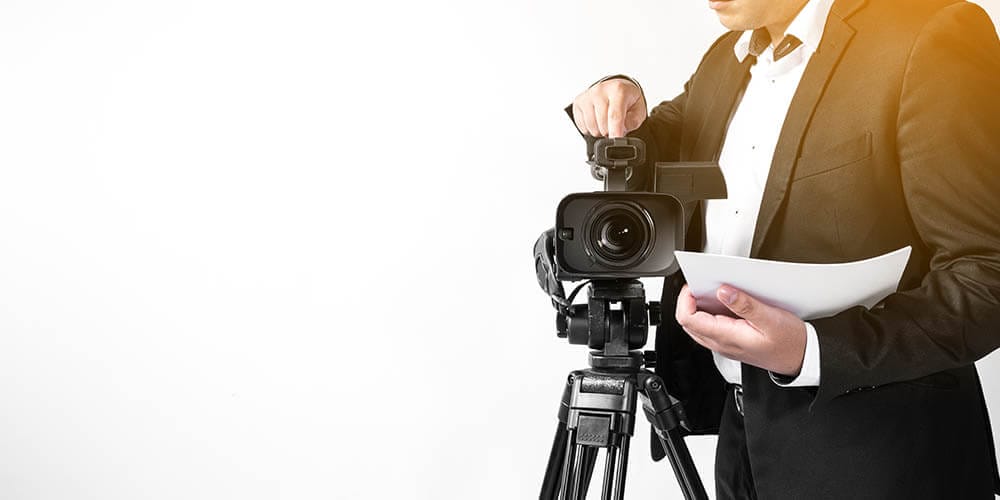Full-Service Legal Videography for Recording Legal Proceedings.
Full-Service Legal Videography for Recording Legal Proceedings.
Blog Article
The Function of Legal Videography in Depositions and Trials
Lawful videography has actually emerged as a vital tool in both depositions and trials, giving a complex technique to documenting witness testimonies. By recording not just the spoken word but additionally the nuances of non-verbal interaction, this medium boosts the reputation of testaments and protects crucial evidence for future process (legal videography). As lawyers significantly acknowledge its value, it motivates a deeper exam of just how these aesthetic records can affect juror perceptions and test results. What implications might these advancements hold for the future of legal method?

Relevance of Legal Videography
Legal videography plays a crucial role in the documents and discussion of depositions and trials. This specific area combines technical abilities with legal knowledge to develop a reputable document of proceedings that can considerably affect instance outcomes. The appearance of lawful videography boosts the understanding of witness testimony, enabling jurors and judges to observe not just the talked words yet also the behavior, feelings, and body movement of the witnesses.
Additionally, lawful videography supplies an objective account of events, reducing the potential for misconception that can happen with composed transcripts alone. This visual documents works as a critical device throughout trial presentations, facilitating a more clear and even more convincing narrative for both plaintiffs and offenders. In addition, the capacity to replay video segments during court process makes it possible for lawful teams to emphasize vital factors, strengthening their arguments effectively.
The value of legal videography expands beyond the courtroom; it additionally plays an important role in maintaining evidence for future referral, whether for charms or more legal activity. Its assimilation right into the legal process is essential for making sure a fair and exact representation of the realities, eventually adding to the pursuit of justice.

Refine of Legal Videography
While capturing the subtleties of depositions and trials, the procedure of legal videography includes numerous essential steps that guarantee high-grade, exact recordings. A specialist lawful videographer prepares by assessing the case materials and understanding the particular demands of the deposition or test. This preparation includes familiarizing themselves with the participants and the context, which helps in catching significant details.
On the day of the recording, the videographer establishes the necessary equipment, which usually includes high-definition cams, microphones, and appropriate illumination. Making sure ideal angles and audio high quality is important, as it straight affects the efficiency of the recording. The videographer interacts with attorneys and participants to develop methods, making certain that every person comprehends the recording process.
During the deposition or test, the videographer diligently videotapes the process, paying attention to both verbal and non-verbal cues. This consists of recording the attitude and reactions of witnesses and attorneys. After the session ends, the videographer might edit the footage for quality and conformity with legal criteria, generating an end product that properly shows the proceedings for future referral and usage in legal contexts.
Advantages in Depositions
The consolidation of videography in depositions provides numerous benefits that enhance the total process of gathering proof. One primary advantage is the capability to capture witness testaments with visual and acoustic fidelity, giving a much more accurate depiction of the witness's disposition, tone, and body movement. This multidimensional technique allows lawyers and juries to examine trustworthiness better than traditional written records alone.
Additionally, videographed depositions work as a powerful tool for maintaining statement. Needs to a witness become inaccessible for trial, their taped deposition can be played in court, ensuring that their evidence continues to be available and pertinent. This aspect substantially lowers the risk of shedding crucial info that can impact situation end results.

Finally, videography improves the general expertise of the deposition procedure, instilling self-confidence in customers pertaining to the thoroughness of their lawful depiction (legal videography). By leveraging innovation, lawyers can dramatically boost the performance of depositions
Influence on Tests
In lots of trials, the assimilation of videography can dramatically affect the presentation of evidence and the court's perception. Legal videography records witness testaments and essential proof in a dynamic have a peek here format, permitting jurors to involve with the material on multiple degrees. This aesthetic component enhances the narration element of a trial, giving context and psychological resonance that traditional text-based proof may do not have.
In addition, video recordings can serve as effective tools for impeachment during interrogation. When inconsistencies arise in between a witness's prior declarations and their court testimony, video clip evidence gives an objective reference that can persuade jurors' opinions. This immediacy and quality can reinforce the trustworthiness of a party's story while concurrently undermining opposing disagreements.

Future Trends in Legal Videography
As we look Get More Information toward the future of legal videography, a number of emerging patterns guarantee to reshape its function within the court. One considerable pattern is the combination of expert system (AI) in video analysis and editing. AI can improve the process of identifying key moments in recorded depositions, permitting lawyers to promptly access pertinent web content, consequently improving performance in situation preparation.
Additionally, the rise of digital fact (VIRTUAL REALITY) and boosted fact (AR) modern technologies is anticipated to transform how jurors experience proof. legal videography. By submersing jurors in a simulated environment, these modern technologies can give a much more profound understanding of complex circumstances, causing more informed considerations
Additionally, the enhancing need for remote depositions, sped up by the COVID-19 pandemic, will likely continue. Lawful videographers will need to adjust to new software and systems to guarantee high-quality recordings in digital settings.
Lastly, the expanding emphasis on information safety and security will certainly require more stringent protocols for storing and sharing video clip evidence. As the lawful landscape develops, lawful videographers you can look here should remain abreast of these patterns to keep their significance and performance in the judicial process.
Verdict
In summary, lawful videography serves a critical function in the judicial procedure, enhancing the stability of depositions and trials. By catching the subtleties of witness testimonies, this tool not just protects crucial evidence yet also aids in offering information successfully to jurors. The importance of visual documents in evaluating integrity and facilitating cross-examination can not be overemphasized. As technology continues to progress, lawful videography is positioned to further transform its function within the lawful landscape.
Report this page